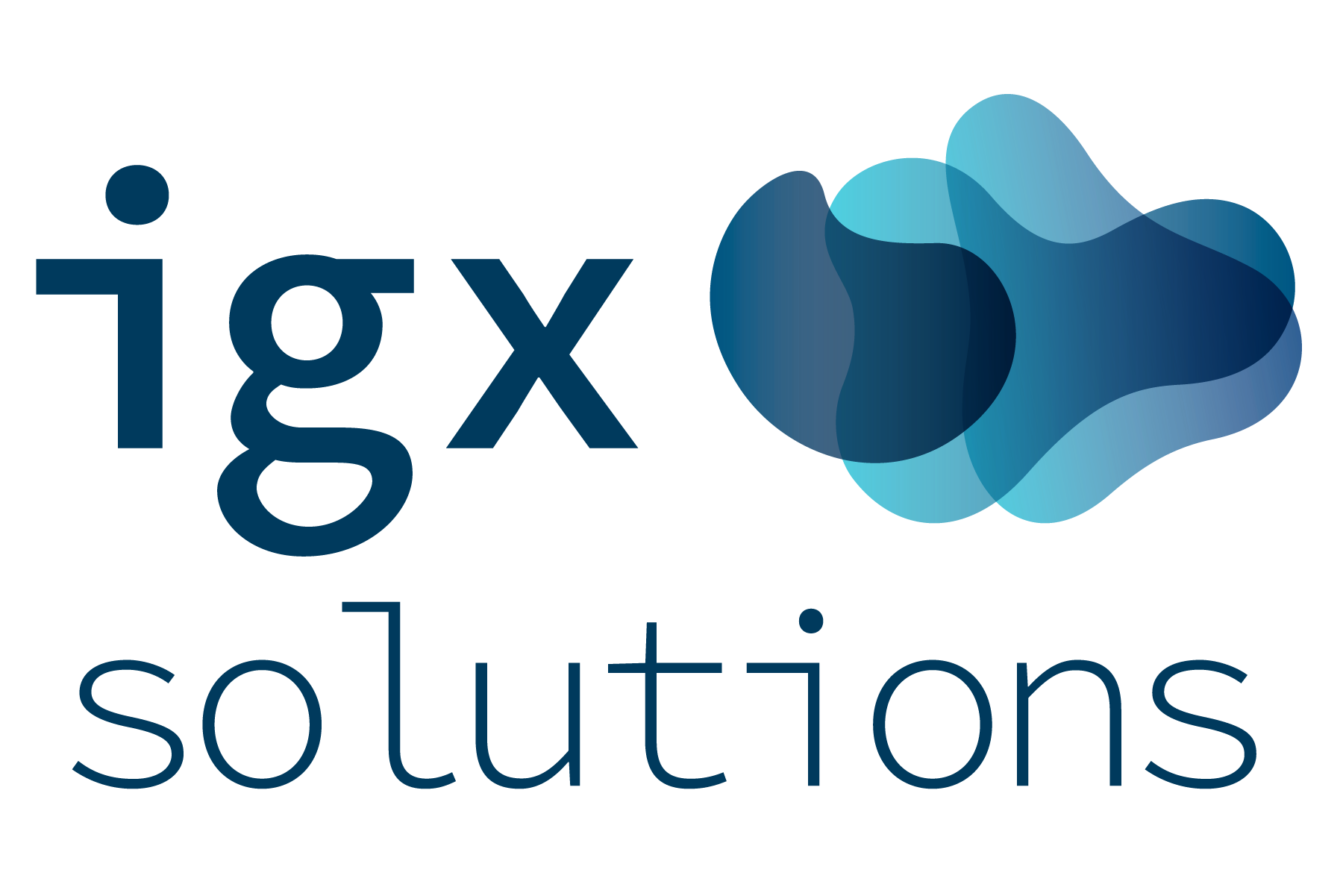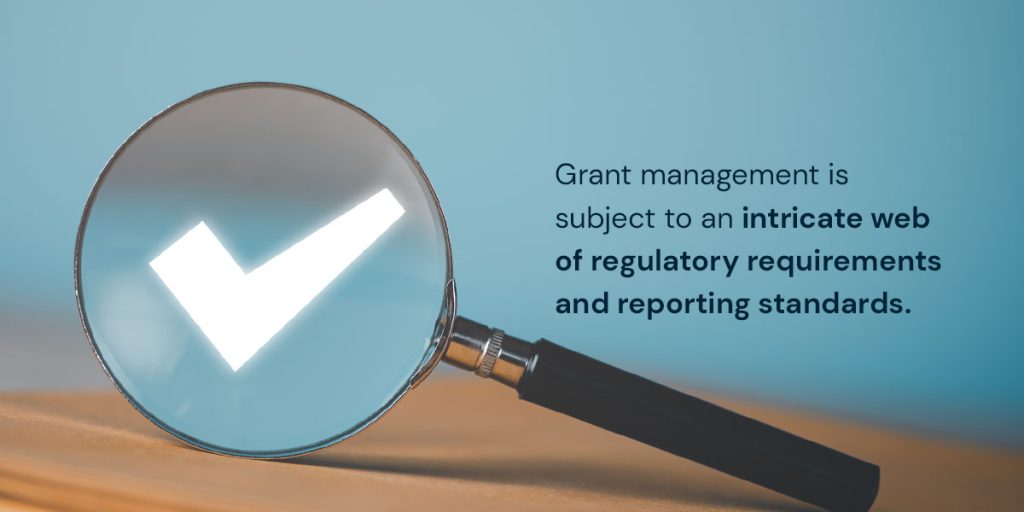Grant management often involves numerous stakeholders, including team members, partners, donors, and beneficiaries. Effective communication and coordination among these groups are essential for project success.
However, the complexity of grand-funded projects and the need for clear, timely communication can pose significant challenges. Miscommunications, delays in decision-making, and difficulty sharing critical project updates can lead to misunderstandings, project setbacks, or missed opportunities.
Establishing efficient communication channels and ensuring all stakeholders align with their goals is crucial to overcoming this challenge. The better your communication, the faster and more seamless your grant management process becomes.




